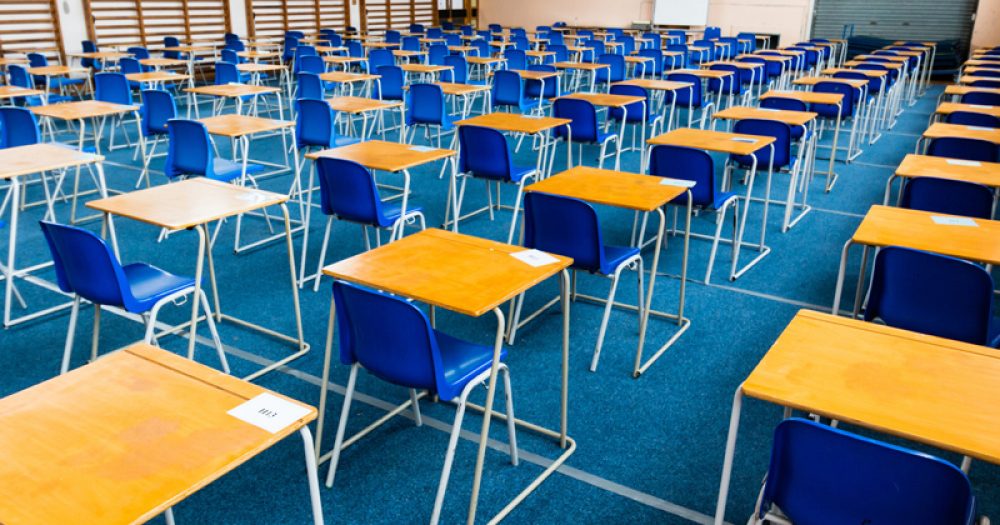Schools will need to seek authorisation from the government if they want funding for more than 5 per cent of their year 13 pupils to repeat a year from September.
In its education recovery package unveiled last month, the government pledged funding to give some current students the option to repeat their final year of school in 2021-22.
The Education and Skills Funding Agency has now published guidance on how the funding will be allocated and which pupils will be eligible.
Students will be funded to repeat “any portion” of their 2020-21 study “up to a full academic year” if they were aged between 17 and 19 in the year to this August, were in the final year of their 16 to 19 study programme, and if they have been “severely impacted by the pandemic and are unable to progress to the next level of learning or into employment”.
Nineteen-year-old students will only be eligible if they started a study programme before they turned 19, unless they are aged between 19 and 24 and have an education, health and care plan.
Schools must seek funding approval for more than 5% of students
The DfE said that for the “vast majority of students” it expects it will be “more appropriate to progress to another course or programme, higher education or the labour market, rather than repeating up to a year”.
And although schools will be funded for those students who do need to repeat, “it is expected that this repeat option will not be needed for more than 5 per cent of students”.
Schools that decide more than 5 per cent of their eligible cohort need to repeat the equivalent of a year “will need prior authorisation from the ESFA”, and must fill in a form by August 13 confirming they have taken the DfE’s “principles for prioritisation” into account. A-level pupils will receive their results just 3 days beforehand on August 10.
But the guidance states that schools should only use the offer “where there is a clear benefit over other alternatives”, and that repeating “should not be used as a mechanism solely to improve grades”.
The DfE expects schools to prioritise students by considering those who have been “severely impacted” in comparison with their peers, those whose chances of progression have been “limited” and those with the “least time left in their education”.
Schools to receive funding in 2022-23
Schools will receive funding for eligible students in accordance with “lagged student methodology”, meaning the cash will be included in their 2022 to 2023 allocations.
The DfE said it would “engage with institutions where they have indicated significant numbers of their students will repeat up to a year to understand why this is and to ensure that they are doing so in line with the prioritisation principles set out in this fact sheet”.
This is to “ensure that the majority of students are progressing to a suitable destination wherever possible”.
Schools with more than 5 per cent of students repeating a year but who do not seek approval by October 29 at the latest “do so at the risk these students may be unfunded”.
Heads question ‘arbitrary’ 5% ceiling
Geoff Barton, general secretary of the ASCL school leaders’ union, said he was “pleased” that the funding offer had been made but “it does seem slightly arbitrary for the government to suggest that this option will not be needed for more than 5 per cent of students”.

He said schools were best-placed to make decisions about the learning of students “and that quotas cannot be decided in Whitehall”.
“We suspect that most students will progress as normal and we note that in the event that an institution decides more than 5 per cent of the cohort needs to repeat a year there is the avenue of seeking authorisation from the ESFA. Nevertheless, we would not want to see schools or colleges made to jump through hoops if more students do need to access this option.”








Your thoughts